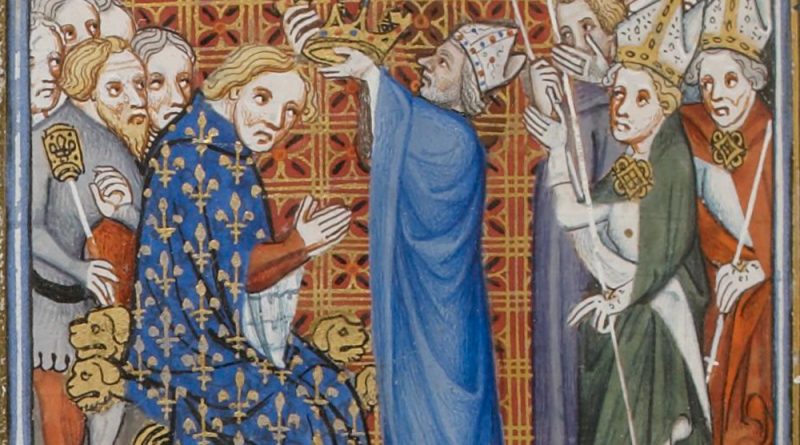King Philip VI of France
Philip was born in 1293. He was a grandson of Philip III. When his cousin, King Charles IV, died in 1328 there was no male heir, but his wife was heavily pregnant. Philip was the eldest surviving grandson of King Philip III and this led to him being installed as Regent until Queen Jeanne gave birth, to a girl.
King Philip VI of France
Philip was then installed as King of France. Philip’s reign began with France at the peak of her medieval powers. The richest country in Europe, she was strong militarily and played host to the Papacy who had moved to Avignon. In the early to mid 1330s, Philip and his advisors clashed with Edward, King of England, over the extradition of Robert of Artois, along with related disputes over Aquitaine. This led to the king of England being termed the ‘kings mortal enemy’ and the onset of war.
War with England
As war broke out, Philip adopted a Fabian Strategy. This avoided large scale arranged battles. In doing so, he forced the English and their allies to have armies at the ready for long periods, incurring costs that they could ill afford but that France could. Alongside this, the French unleashed a series of raids along the English coastline, causing much damage to major ports and shipping. This was accompanied by adopting blockades as a strategy, which backfired at Sluys.
Philip VI and the Battle of Crecy
Militarily, Philip’s reign is best known for the defeat that the French suffered in 1346 at the Battle of Crécy. Here, an uncharacteristic command for a full assault on the English resulted in heavy losses. Calais was to fall to the English the following year following Edward IIIs unexpected campaign via Normandy.
Impact of the Black Death
The French King then faced the onset of the Black Death.. The impact was huge in France. At least a third of the population died, including the Queen. The economic effects were huge. Tax revenues were low, there were shortages of many goods, wage demands presented problems. As with other governments of the period, Philip and his council struggled. Social Unrest marred his final years and the financial implications of the pestilence included cutbacks on military spending.
At his death, on 22 August 135, the future of France and the monarchies ambitions in the wars with England were very uncertain.
Featured Image
Coronation of Philip VI. Grandes Chroniques de France (Bibliothèque Nationale de France (BNF), Ms Français 2813, fol. 353v. Public Domain. Via wikimedia.
